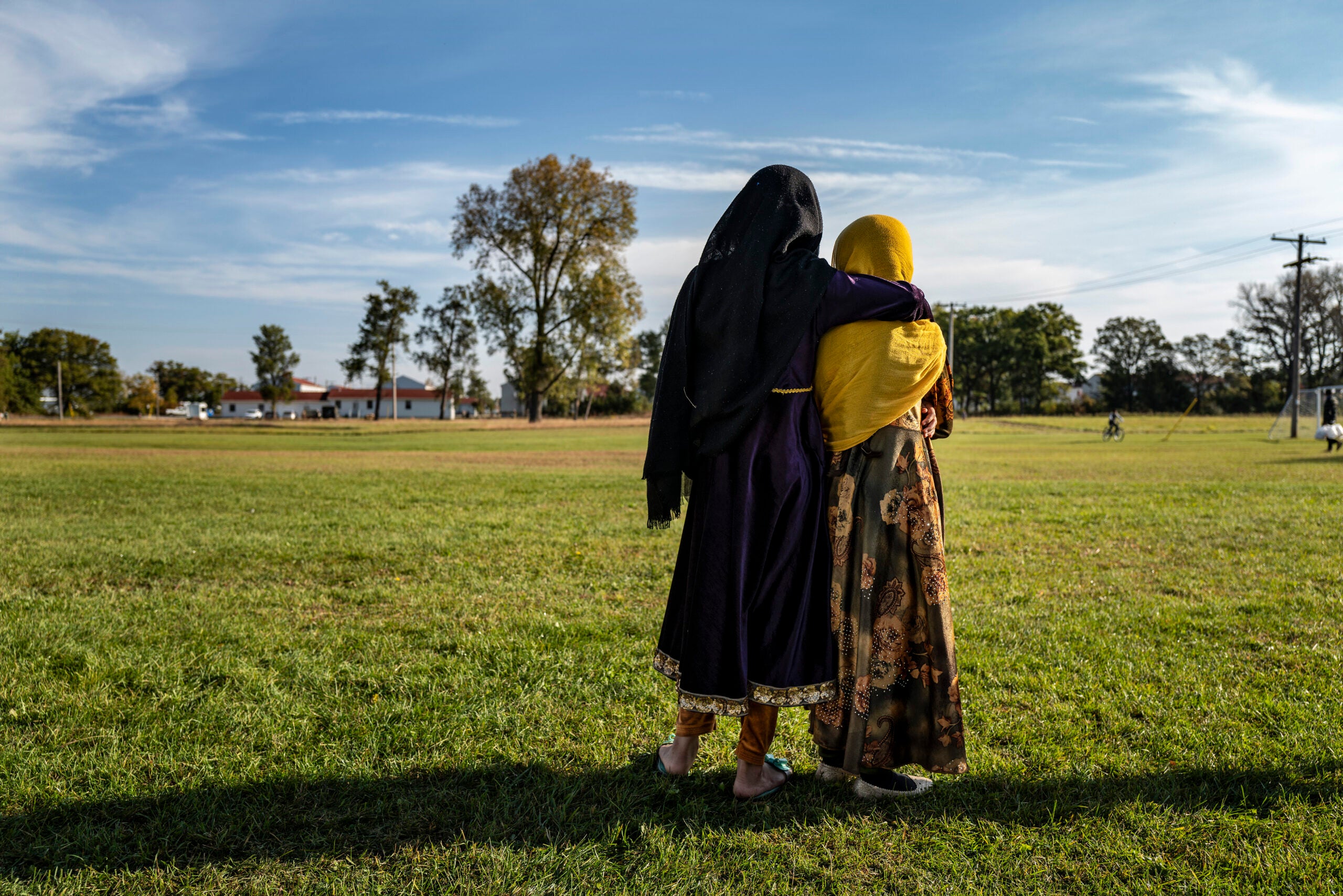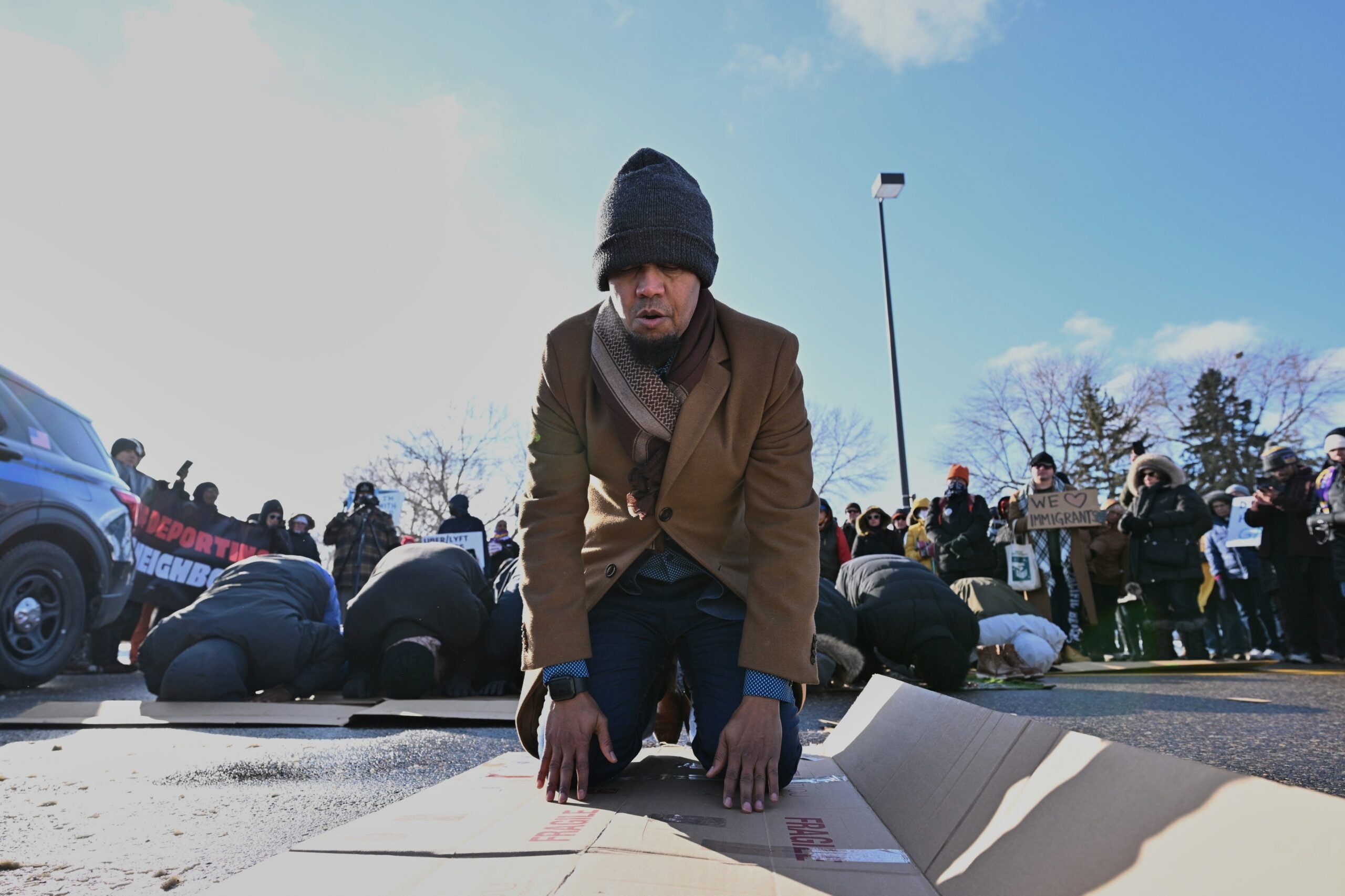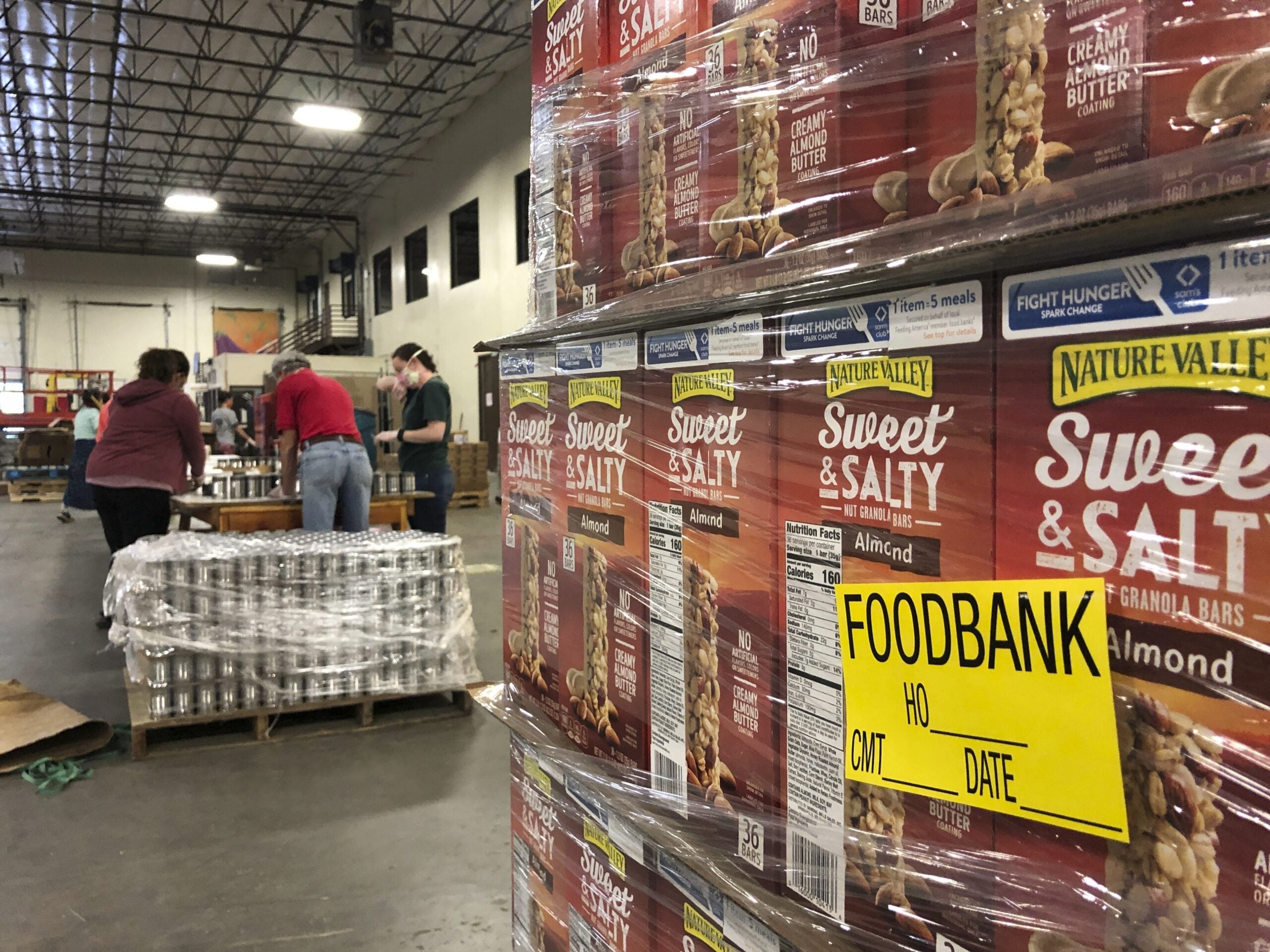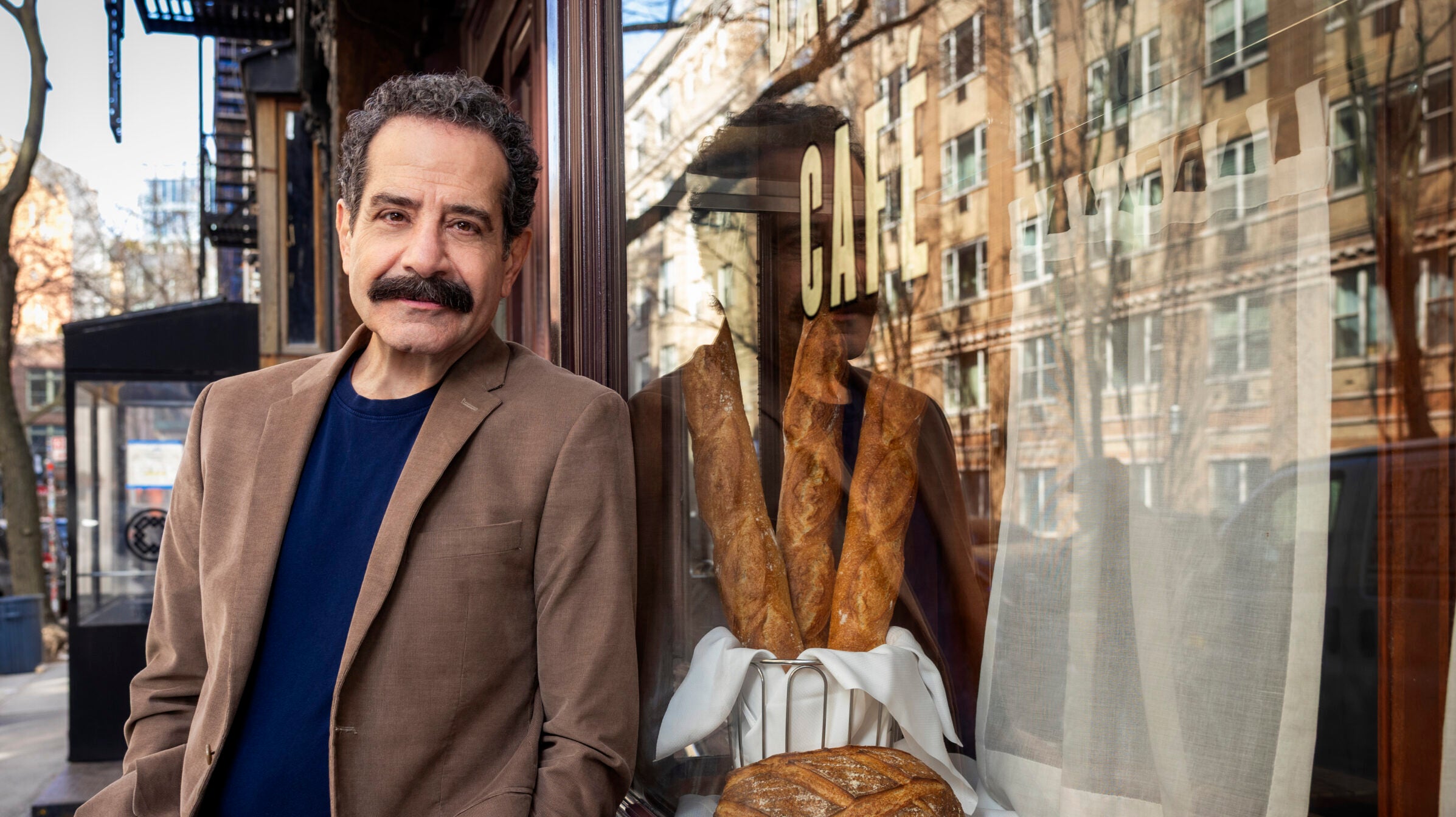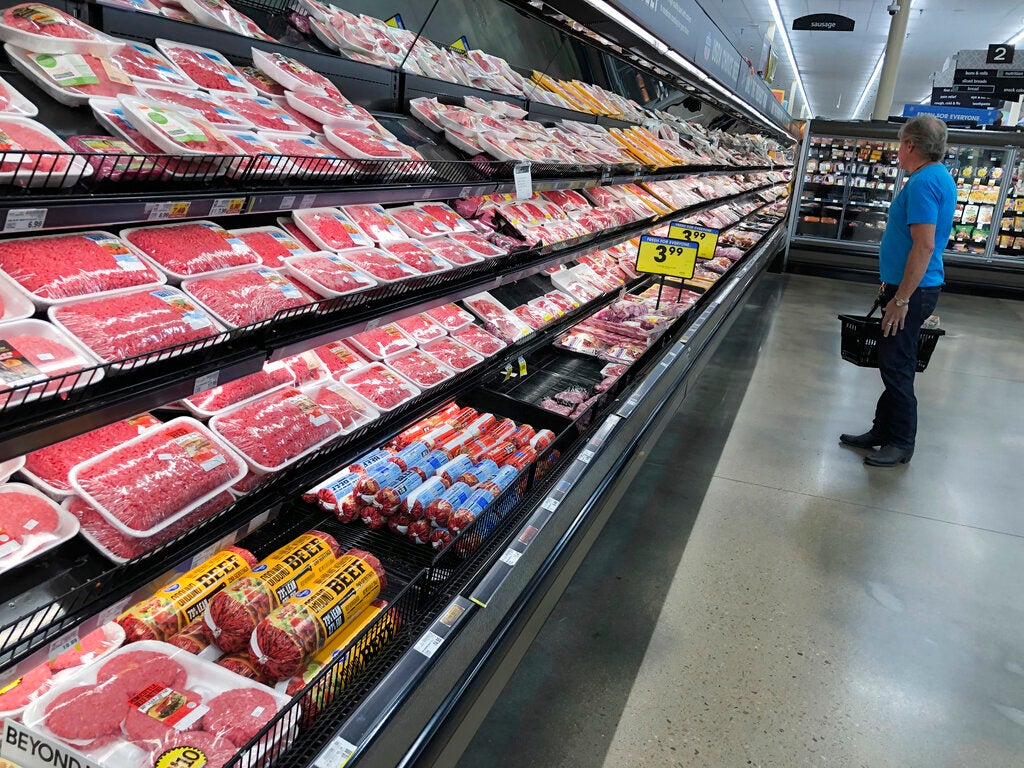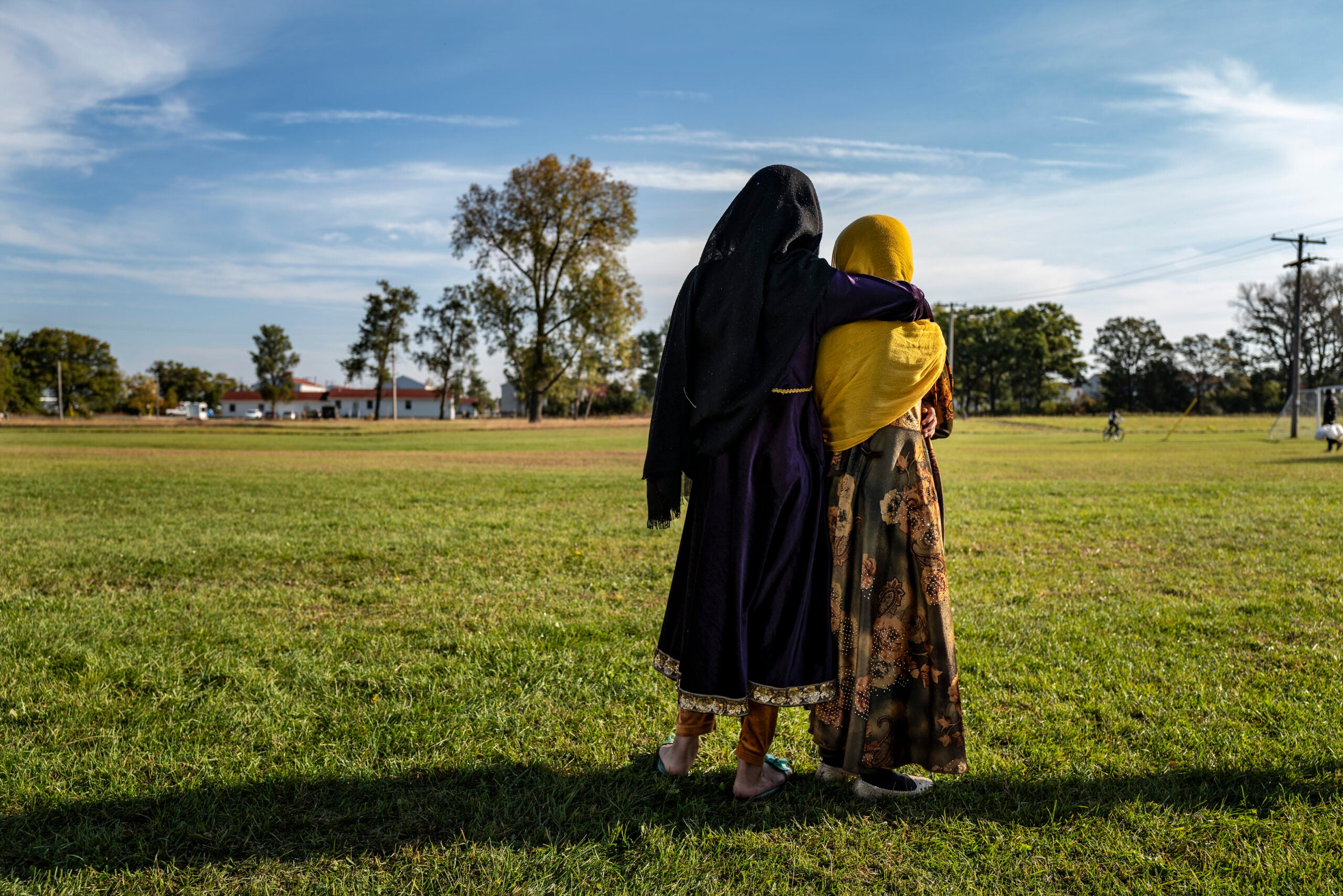A recent grant to a Milwaukee nonprofit organization will help address a gap in access to food that meets Muslim dietary guidelines.
The Hanan Refugees Relief Group received a $75,000 grant from the Otto Bremer Trust and the Greater Milwaukee Foundation to expand the group’s Cultural Food Advocacy Program.
The program both provides food and food vouchers to refugees and immigrants resettling in the Milwaukee area, as well as education around where to get appropriate food and how to use food benefits.
News with a little more humanity
WPR’s “Wisconsin Today” newsletter keeps you connected to the state you love without feeling overwhelmed. No paywall. No agenda. No corporate filter.
“We work with a lot of pregnant mothers that might need assistance with the (Special Supplemental Nutrition Program for Women, Infants, and Children),” executive director Sheila Badwan recently told WPR’s “Wisconsin Today.”
“We are taking families and showing them where grocery stores are, teaching them prices of (food) and where to buy,” Badwan said. “A lot of these refugees don’t know how to budget their food share cards to last them a month. We’ve seen families that will use up their food card in one week.”
Badwan told WPR about where this new funding will go and what needs there are for halal food in the Milwaukee area.
The following was edited for clarity and brevity.
Rob Ferrett: For people who aren’t familiar with halal food, what are the requirements there? Why is it important to meet that need?
Sheila Badwan: Halal is an Arabic word that translates to “permissible.” It’s a certain way how meat is slaughtered, they have to say specific sayings. We have refugees from Afghanistan, from Syria, from Iraq, Rohingya refugees, Burmese refugees that are Muslim. And the first thing they ask us is, “Where can we buy halal meat?” So they’re very strict about it. It’s really Islamic dietary law and so many of them follow this law.
RF: What will you be able to do with your new grant?
SB: We’re a refugee resettlement agency. As we expanded, we’ve brought in almost 250 refugees. Most of the refugees are coming in from Malaysia, Bangladesh and Thailand, and these particular areas have high numbers of Rohingya refugees and Burmese refugees that are Muslim. Wisconsin actually has the largest Rohingya population in the U.S.
And so we felt like we really needed someone to be able to provide education to these refugee clients, to help them navigate the food environment, show them where the halal stores are in Wisconsin, in the Milwaukee area. And also educate them on how to use their FoodShare cards.
We also have a partnership with the (Milwaukee free local food bank) Hunger Task Force. We are a designated halal food pantry. They have been wonderful partners over the years and every Friday, we actually have seen a high number of refugees come in. They can actually pick up a food box here at our site.
RF: The people you’re helping had to leave their home country, they went through a long process of applying for refugee status, a lot of hoops to jump through. What does it mean for them on a personal level to get this food that they’re familiar with, that meets their religious laws to eat?
SB: They’re so grateful. When you come to a country and you’re in a whole new culture, trying to provide these familiar things, such as food, is so important. And I have just had many different refugee populations who were grateful. Some people didn’t even know there was halal food. They weren’t even sure if they were actually able to find meat that was halal meat, or even just culturally appropriate foods.
I’ve had many Syrian refugees who didn’t know if they had access to Middle Eastern stores to purchase certain spices or things of that nature. So it really does help with integration when families come in, to know that there are places that might be familiar for them. And so trying to help them really get adjusted, this is just one piece.

